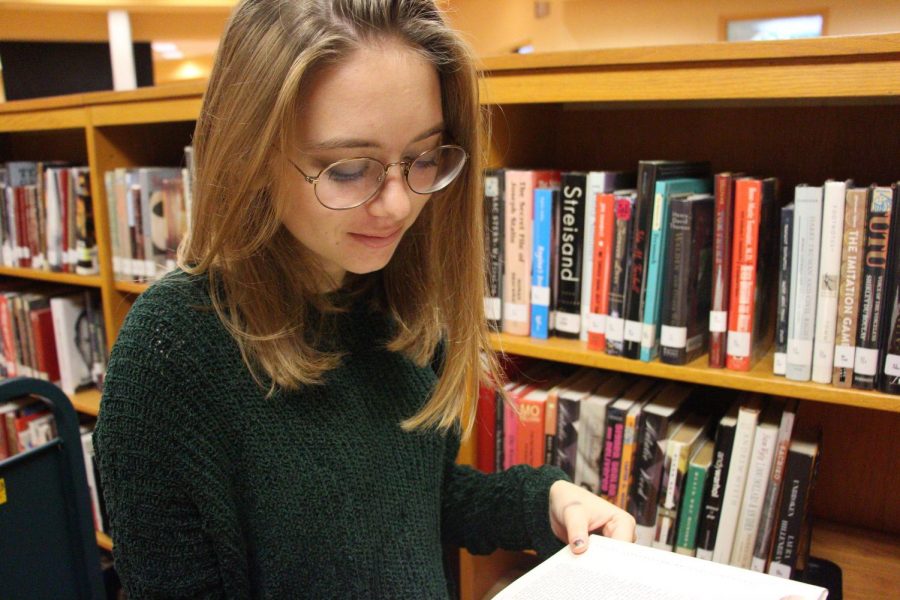When was the last time you read a book? Not a book that was required for school or a summer assignment, but one that looked too good to pass up. Back in elementary school, most students could probably remember reading books all the time. Playing a competitive game of quidditch against Slytherin, going on adventures with Percy Jackson, and traveling the world in your own magic tree house were some of the most entertaining and sometimes even jaw-dropping stories your childhood had to offer. Reading was a great way for both parents and teachers to give kids something to do. However, when moving into teenage years, many students either don’t have the time or simply just don’t care for reading. As disturbing as it is, Psychology Today found that 42 percent of college graduates will never read a book again after graduating college. What these students don’t realize is that this choice could be negatively impacting their intelligence.
A study done by Common Sense Media found a clear decline in reading in the teenage age group over time. Nearly half of 17-year-olds said they read for pleasure no more than one or two times a year. While there is no definitive cause of this problem, there are many different contributing factors. Today’s teenagers would much rather be watching Netflix, browsing social media, or socializing with friends.
It may not even be the student’s fault; reading isn’t as encouraged as it could be. In fact, many students’ summer reading assignments at Dreyfoos were optional, and even when books are assigned to students for their classes, many don’t end up reading them. Websites such as Sparknotes and Cliffnotes provide chapter by chapter summaries of books of every genre. Students who either don’t have time to read or don’t enjoy to may end up using one of these sources before a test. A recent study on readings benefits for the brain conducted at Emory University stated, “The researchers found that becoming engrossed in a novel enhances connectivity in the brain and improves brain function.” Without reading, students won’t be able to reap these benefits that go hand-in-hand with it.
Reading allows for people of all ages to broaden their understanding of language and creativity through the use of words. Many books use complex and high level words which in turn teach the reader and expand their vocabulary. Even changing the genre you read could have different effects on your brain. On a more scientific level, a Harvard Medical School article reported that, “In 2012 in the Proceedings of the National Academy of Sciences, neuroscientists at Stanford University reported that reading ability in young children is related to the growth of the brain’s white matter tracts, meaning improvement of language skills and faster processing of visual information.
Reading is the underdog of our society today. Authors like J.K. Rowling and J.R.R. Tolkien who created entire worlds aren’t as popular today as they once were in the golden ages of reading. Kids don’t care as much about reading as they should. Pretending that places like Hogwarts and Neverland actually existed were once cornerstones of my childhood and surely many others’. These imaginary places and ideas are important to young minds in ways that can’t be replicated in the classroom.





























































